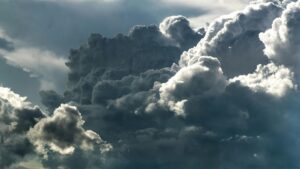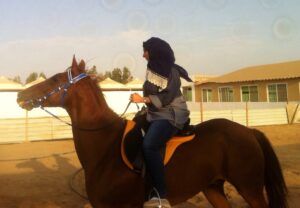Assessing the environment in its simplest form is achieved by placing a value on an organization and where it stands, in relationship to the other local and global, external, and internal readings. The Neocharismatic Leader has extra high sensitivity which enables them to foresee deeper than anyone else.
Neocharismatic Leader’s sensitivity is what makes them unique in this role. They experience information as signals to seize an opportunity or confront a threat. But in the light of their altruism, they perceive the effect of that opportunity or threat not only on their direct surroundings but include their circle of concern. This could be their communities, the real environmental issues that we are facing globally, or how this business affects the local economy. Their ethical frame of reference alerts them to the boundaries enabling them to navigate towards the right decision. Their deep self-awareness gets them to sense intuitively and read more accurately the flowing information around a situation. Practically they initiate the process of assessment regularly regardless of the size of the organization and whether there is an opportunity, threat, or decision to make. It is not about the speed or time pressure, it is about the best move to the greater good in the long term. We all want to do that, but they have a special tool called awareness and sensitivity that they developed over the years to come to this point. That comes with commitment, perseverance, and reflective thinking.
It is important that the Neocharismatic leader’s vision is clear to be able to perceive and be sharp. If their personal vision is lacking or incomplete it gets in the way of their ability to see. Next is their vision for the organization. That two needs to be clear even if it is not shared yet. It can change later when they step into stage two of ‘Formulating a Shared Vision’, but for now, in stage one, they need to remain focused on how they see it and taking in as much data as possible.
Neocharismatic leaders take this role seriously as it is the beginning of a long journey of transformation. It is just the first step as things begin to unravel when they take the second role in parallel which I will explain in my next article; “Sensing People’s Needs’.
Ghadah Angawi




